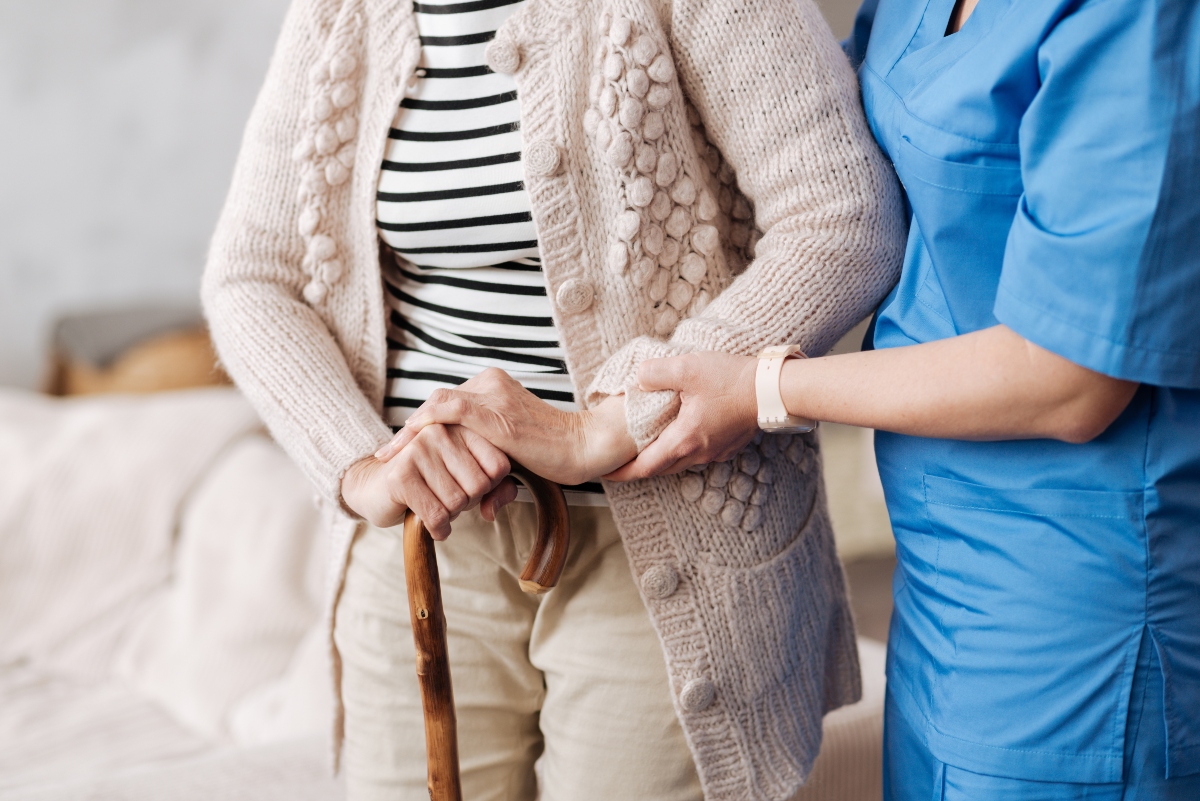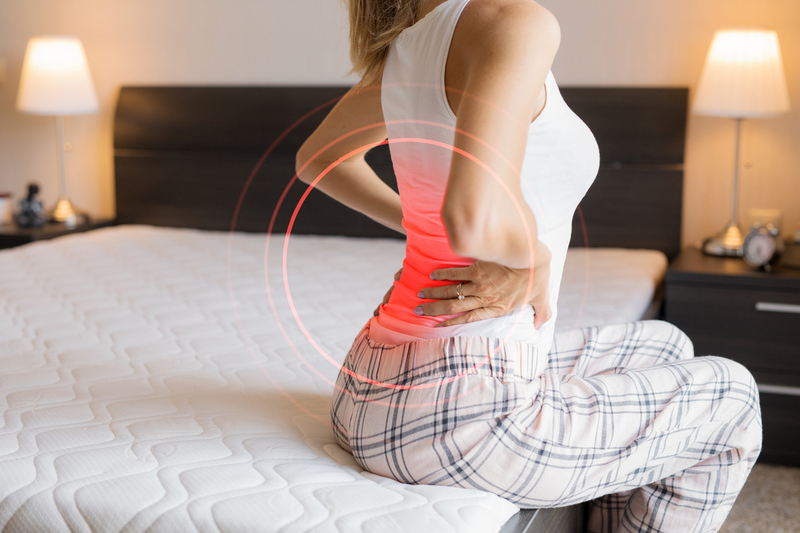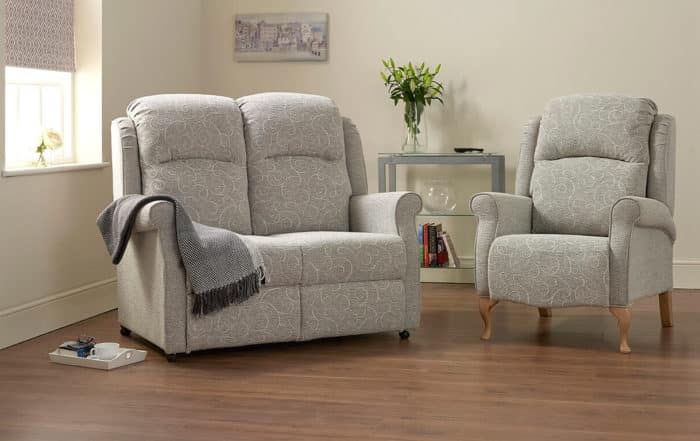10 Ways to Prevent Falls at Home
Social Links
Stay steady on your feet with top tips from Dr Rob Hicks.
Let’s face it, nobody likes taking a tumble. But for those who are getting on in years, falling can have far wider health implications. Whilst most falls do not cause serious injury, at times we may be unlucky and break, or fracture, a bone. For some older people, this knowledge can lead to a fear of falling, which in turn may result in shying away from daily tasks and becoming less active.
Elderly fall prevention is therefore an essential way of enabling older people to keep active, busy and enjoying life to the full. Paying a little attention to aspects of your health, lifestyle and home could make all the difference – small steps do go a long way.
1. Medication
The NHS recommends:
“If you’re taking long-term medication, your GP should review your medicines at least once a year to make sure they’re still right for you”.
Some medication may make dizziness more likely, for example, either on its own or by interacting with another medicine that you’re taking. So have a think about when you last discussed your medication with your GP and put a date in your diary for a medication review if need be.
2. Hearing and sight tests
Hearing loss and poor vision increase the risk of falls, but help is at hand. Did you know that everyone aged 60 and over can receive a free eye test? Hearing tests (and aids) are also free – ask your GP for further information.
3. Feet, shoes and socks
Don’t be tempted to walk around the house in bare feet, socks or tights as you’re more likely to slip. Instead, wear supportive shoes that fit well, and take care of your feet. Age UK has great advice about how to look after your feet, footwear and how often you should see a chiropodist.
4. Balance and strength training
Poor muscle strength and balance are two of the most common risk factors for falls. Programmes designed to improve strength and balance are run via some GP surgeries or by Age UK in some areas. For those who would rather stay home, the NHS website has useful strength and balance exercises.
5. Food and drink
Eat a healthy balanced diet, reduce alcohol intake and stay well hydrated to reduce the risk of falling – and improve outcomes if a fall happens, advises Public Health England.
6. Move with care
Take breath or two when you sit up in bed and collect yourself, and do the same when you stand after sitting. Pause before going up and down stairs and avoid rushing. Moving around in a mindful manner, being aware of potential hazards, can reduce the risk of falls further.
7. Trip hazards
Making changes to your living space can be fun. Remove – or tape down – trip hazards such as wires, cords, fraying mats and carpets, and look into non-slip options.
8. Lighting
Improve lighting in dark areas – especially stairs – and consider a nightlight in the bedroom if you tend to get up in the night.
9. Grab rails
When looking into fall prevention equipment for elderly people, grab rails are key. These can be installed in positions where you may benefit from a little extra support, such as the bathroom, stairs or by the front door. Different types of grab rail suit different situations. Which? has a comprehensive review of grab rails for elderly fall prevention.
10. Furniture
If you worry about falling when you go to sit down, a rise and recline chair could be a useful addition to your sitting room when considering fall prevention equipment. Rise and recline chairs enable people to sit down (and stand up) with less margin for taking a tumble. The armrests of the chair can help when it comes to standing up. For example, some older people find that wooden arm ends offer a firmer grip than an upholstered arm. Don’t be put off if space is at a premium as many rise and recline chairs come as wall huggers, which means they take up less room.
Worried about taking a tumble? Take a practical approach to your health, lifestyle and home. Involve family and friends. And if you’d like more professional help, remember that occupational therapists, who aim to improve your ability to do everyday tasks, are available to advise you on changes you can make in your home – free – via the NHS if your situation qualifies. To find out more, simply speak to your GP surgery.
Further information
For more information about rise and recline chairs and other mobility furniture such as sofas, adjustable beds and homecare beds download the brochure from The Mobility Furniture Company or tel 0808 2651372.
*This website contains general medical information. The medical information is not advice and should not be treated as such. Read our full Medical Disclaimer here.



